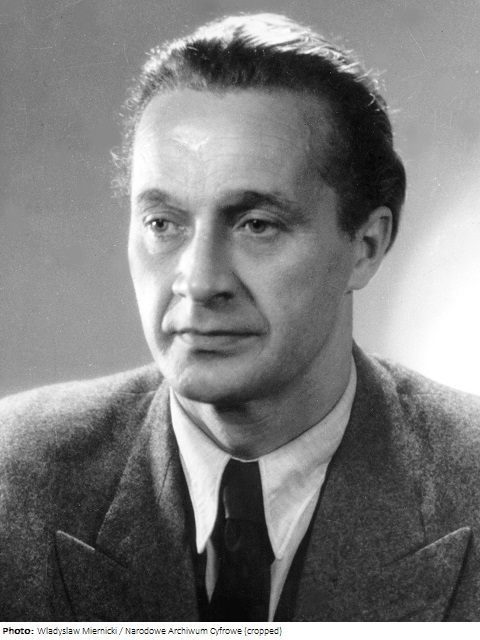Polish sculptor, educator and artistic activist Marian Wnuk studied woodcarving at the School of Wood Industry in Zakopane and then sculpture at the School of Fine Arts in Warszawa. Until World War II, Wnuk was employed as a teacher at the National Institute of Fine Arts in Lvov and collaborated with the underground council of Polish Jews. After the uprising of Warszawa, he was deported to a forced labor camp in Germany. After the war Wnuk was appointed professor and rector of the Academy of Fine Arts of Gdańsk in Sopot, and later in Warszawa. He was known for his monumental sculptures, and in his later works, he retained his classical solutions, achieving exceptional expression. This allowed him to adapt well to Socialist Realism.

 Poland
Poland POL
POL